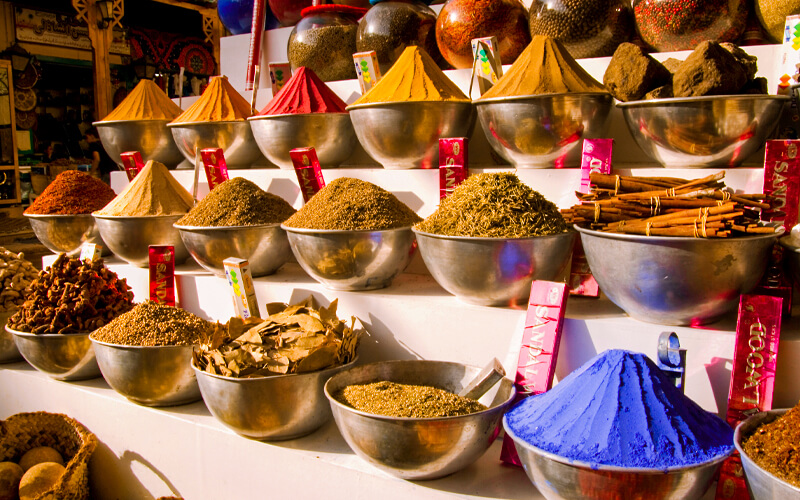
Is a bustling marketplace selling products from Egypt and other African nations? In reality, “street of the Souk” translates literally from Arabic to the name of the Aswan Souk, Sharia as-Souq. This store in Aswan, Egypt, offers bargain pricing on various minor goods. It is roughly seven blocks long in a direction perpendicular to the Nile and is located around four blocks from the river.
The souk features a wide variety of Egyptian and African wares. From its southernmost point northward, the street known as As-Souq offers something a little different from the typical tourist bazaars across Egypt. The souk is full of aggressive shopkeepers who would do everything to get a sale.
The list includes such items as beaded galabiyyas, perfume, and several spices in addition to T-shirts (robes). Poorly crafted replicas of ancient Egyptian statues may also be purchased in the souk’s stores. More unusual areas may be found to the north, off the beaten path, and in alleyways.
Examine the Aswan Souk in further detail:
Items typical of the Nubian culture, such as scull caps, colorful baskets, and talismans, are for sale here. Stuffed crocodiles, desert creatures, swords, and masks from Sudan and Africa are also available. A marketplace is also a bustling place. Many Nubians from nearby Elephantine Island and Aswan come here to purchase perishable goods. Fruits, vegetables, fowl, and pigeons are available at the Aswan Souk. Indeed, Aswan is famous for its many grades of henna powder and peanuts.
Additionally, its dried hibiscus blooms are renowned worldwide. Dried hibiscus blossoms are a component of Roselle, a local alcoholic beverage. In the afternoon, the speed slows considerably, and we detect a faint sandalwood aroma. As in ancient times, you may assume that Aswan is your ticket to the continent of Africa.




